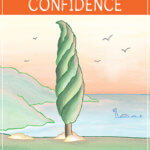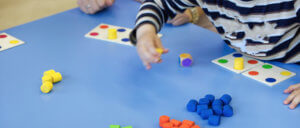
The Joy of Classical Education: A pattern of classical education for the twenty-first century.
Do not reproduce without permission. Give appropriate credit for quotes and ideas!
The foundation:
principles of teaching
• Language intensive (reflective, not reactive)
• Trains the mind to learn
• Demands self discipline
The four walls:
Grammar stage learning
Logic stage learning
Rhetoric stage learning
Use of living books and original
sources
(Distinction: skills vs. content)
The roof:
The chronological study of history
“Grammar stage” (elementary school years, roughly grades 1-4)
The years in which the building blocks for learning are laid.
Strengths: the mind is ready to absorb information
memorization is fun and generally easy
Weaknesses: undeveloped capacity for abstract or critical thought
Reading: lay a good foundation of phonics
Spelling: study of rules
Grammar: basic usage and mechanics
Writing: summaries
Mathematics: basic math facts and concepts (arithmetic)
History: focus on stories and biographies
Literature: “What happened?”
Science: exploration of the scientific disciplines
“Logic stage” (middle school years, roughly grades 5-8)
The development of analytical thinking skills and abstract thought.
Strengths: Developing ability for abstraction and criticism
Weaknesses: Immature exercise of those skills
Logic: learn to evaluate validity of arguments
Literature: begin to ask questions about characters, plots,
motivations, techniques
Spelling: increasing application of rules to written work
Grammar: diagramming and outlining
Writing: outlining and using outlines for compositions
Mathematics: move towards abstraction (pre-algebra and
algebra)
History: focus on cause and effect, on chronology and relationships
between countries
Science: experimentation of the scientific disciplines
“Rhetoric stage” (high school years, roughly grades 9-12)
Learning to write and speak with force and originality.
Characterized by: Development of a specialty
Use of Great Books
Rhetoric: learning the rules of effective communication
Literature: grapple with the central ideas in classic literature
Grammar: continue to reinforce proper usage
Writing: original compositions intended to persuade
Mathematics: advanced abstract work
History: use of original sources to ask how people understood
their own times
Science: develop an understanding of the historical development
of the scientific disciplines as well as their content
History at the core of the classical curriculum
Three repetitions of the same four-year pattern:
Ancients 6000 BC – AD 400
Medieval/Early Renaissance 400-1600
Late Renaissance/Early Modern 1600-1850
Modern 1850-present
Grades 1-4: concentrating on stories and biographies
Grades 5-8: using timelines and beginning with original sources
Grades 9-12: focus on original sources and Great Books
Literature: Done along with history in the same four-year pattern
Back to Workshop Handouts
Recommended Products
-
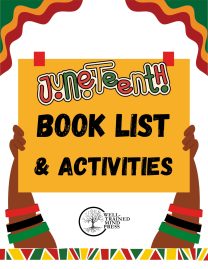
Juneteenth Booklist & Activities
0 out of 5$0.00 Add to cart -
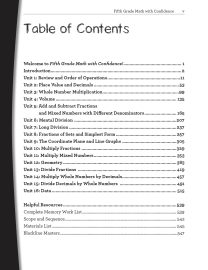
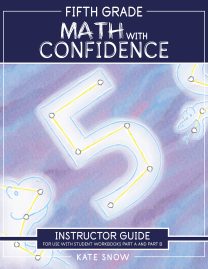
Fifth Grade Math with Confidence Instructor Guide
0 out of 5Starting at:$36.95Original price was: $36.95.$27.71Current price is: $27.71. Select options -
Sale!

Hansel & Gretel and Other Stories: Downloadable MP3
0 out of 5$12.95Original price was: $12.95.$9.71Current price is: $9.71. Add to cart -
Sale!

Dorothy and the Wizard in Oz: Downloadable MP3
0 out of 5$25.95Original price was: $25.95.$19.46Current price is: $19.46. Add to cart -
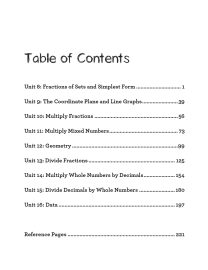 Sale!
Sale!
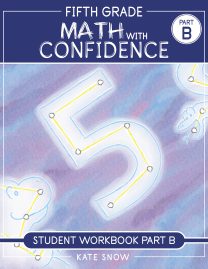
Fifth Grade Math with Confidence Student Workbook B
0 out of 5$16.46 – $21.56 Select options This product has multiple variants. The options may be chosen on the product page -
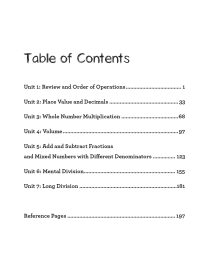 Sale!
Sale!
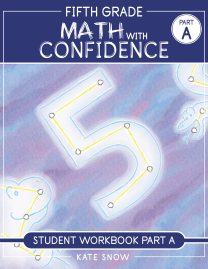
Fifth Grade Math with Confidence Student Workbook A
0 out of 5$16.46 – $21.56 Select options This product has multiple variants. The options may be chosen on the product page
ABOUT THE AUTHOR
Susan Wise Bauer
Join over 100,000 homeschooling families
For the latest offers, educational insights, products and more.
By joining you agree to our privacy policy.






